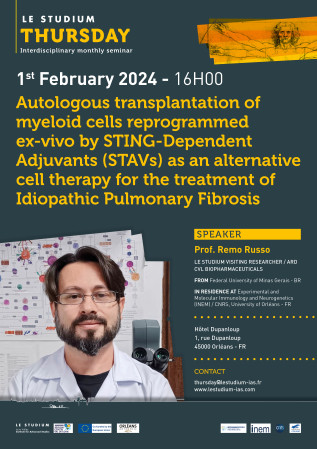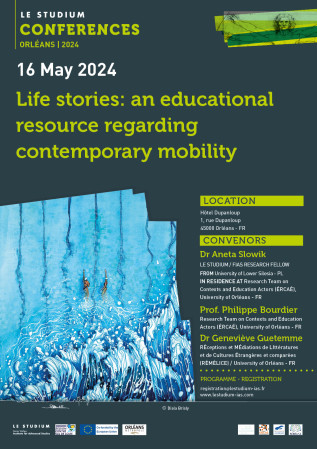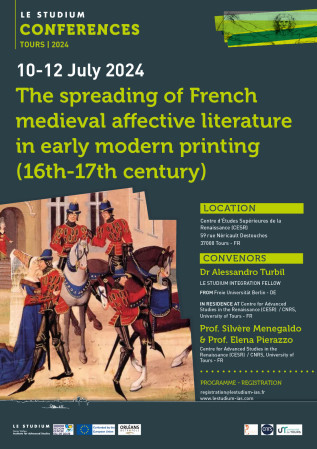
Qui sommes-nous ? Mission
Fondé en 1996 par le Professeur Paul Vigny et inspiré des cultures historique, géographique et humaine de la Vallée de la Loire, LE STUDIUM est une agence régionale d’envergure internationale dont l’objectif est de créer, en région Centre-Val de Loire, une dynamique pour la communauté scientifique qui englobe les acteurs publics et privés de la recherche.







